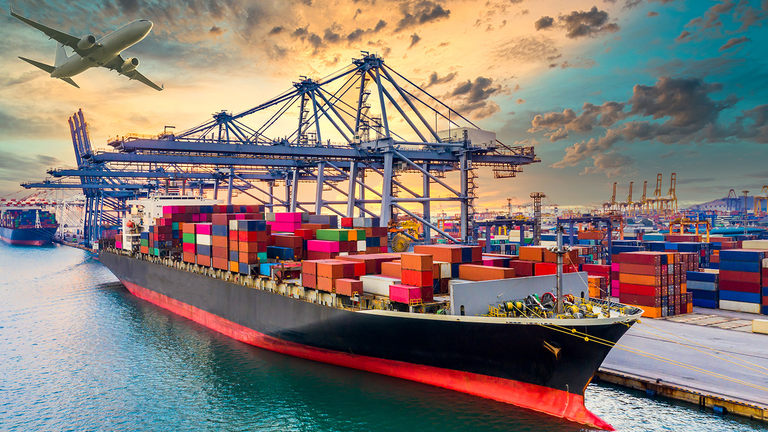Intra-African trade is on the rise, and Ghana together with three other countries are the top exporters and importers in the region, a survey has shown.
According to Africa CEO survey by Pan-African Private Sector Trade and Investment Committee, the four countries that were the most common origin for imports are the same as the top export destinations, with South Africa leading with 27 per cent, followed by Ghana (25 per cent), Kenya (25 per cent) and Nigeria (19 per cent).
This is the case due to the fact that both Ghana and Kenya have a more diversified economy and rely more on trade compared to Nigeria with its economic activities largely revolving around its oil and gas sector.
According to the report, half of the respondents surveyed import goods and services from other African countries.
“This is only slightly above the 46 per cent who import from Asia or the 40 per cent from European countries; although it is interesting that more respondents now import goods from China and other Asian markets than from Europe.”
Pan-Africa Private Sector trade and Investment Committee
Far fewer participants reported importing goods and services from North America, South America and, perhaps surprisingly given the role of the Gulf states in African investment and the Middle East.
Meanwhile, none of the respondents reported exporting goods or services to Angola, Botswana, Burundi, Congo-Brazzaville, Guinea-Bissau, Lesotho, Libya, South Sudan, eSwatini, or the Sahrawi Republic.
Other countries attracted only a single respondent exporter, also indicating the limitations of intra-African trade. While a few neighbouring states trade intensively with each other, trade occurs between many others at a very low level.
Just above half of the respondents indicated use of international shipping and African ports to import goods, while 39 per cent used sea freight for exports.
The difference reflects the continental trade imbalance, with Africa as a whole importing a lot more than it exports, and importing a wide range of manufactured goods in exchange for a much smaller range of raw commodity exports.
AfCFTA to Increase Intra-African Trade
According to the report, 86.7 per cent of CEOs on the continent are optimistic that the African Continental Free Trade Area (AfCFTA) will result in an increase in intra-African trade; with just 2.2 per cent predicting that it will have a negative effect.
Of those who expect a positive outcome, 87.3 per cent believed that it will either have a moderate or high impact.
On the basis of the AfCFTA, the overwhelming majority of respondents believed that the AfCFTA will have a positive impact on their businesses, with 71 per cent expecting it to encourage them to invest in expanding their businesses regionally.
More than half (57 per cent) also believed that it will open up new markets to export regionally and provide the necessary frameworks to increase their regional exports (62 per cent).
Also, just over half of respondents expect the AfCFTA to encourage the creation of regional industrial hubs.
However, despite overwhelming optimism from the respondents on the AfCFTA’s ability to boost intra-African trade, access to information about the new bloc appears to be limited.
An overwhelming majority of people (62.3 per cent) did not know where or how to access information about the free trade area, which clearly makes it more difficult for the agreement to be understood and effective, and to actually make a difference in practice.
READ ALSO: Atlantic Lithium Completes Infill Drilling for Ewoyaa Lithium Project




















